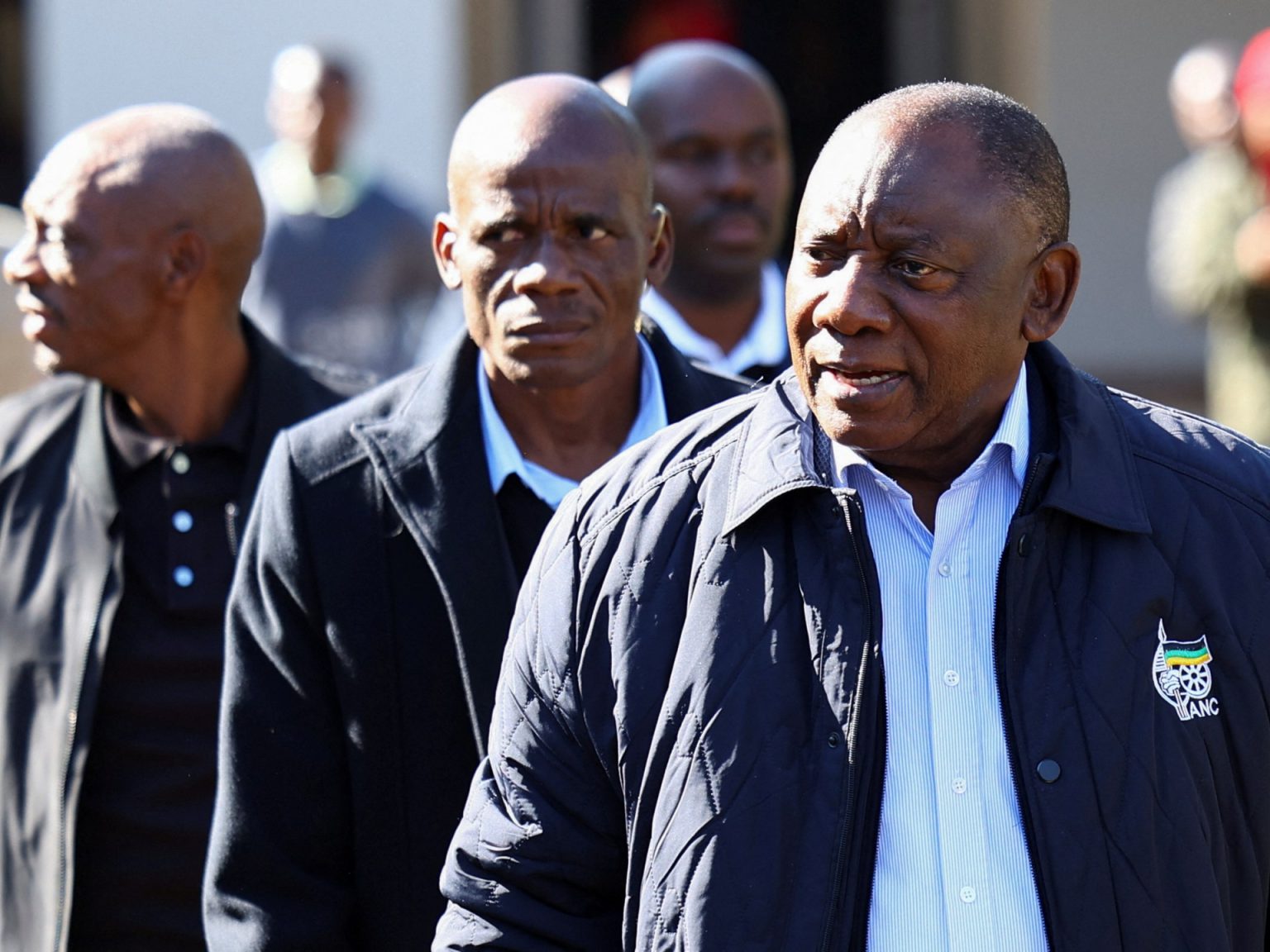South African President Cyril Ramaphosa has announced that his African National Congress (ANC) party will seek a national unity government after losing its parliamentary majority for the first time since the end of apartheid rule. This move comes after the ANC faced a significant loss in the recent elections, leading to the need for collaboration with other parties to govern effectively. Ramaphosa’s announcement signals a shift in the country’s political landscape and a willingness to work across party lines to address the challenges facing South Africa.
The decision to form a national unity government is seen as a strategic move by the ANC to maintain stability and unity in a time of political uncertainty. By reaching out to other parties, the ANC is demonstrating a commitment to inclusive governance and a recognition of the need for broader representation in decision-making processes. This collaborative approach reflects a desire to prioritize the interests of the country over party politics, signaling a departure from the traditional winner-takes-all mentality that has dominated South African politics in the past.
The ANC’s willingness to work with other parties highlights the importance of cooperation and consensus-building in a diverse and divided society. By embracing the idea of a national unity government, the ANC is seeking to bridge political divides and promote a sense of national unity that transcends party affiliations. This approach is seen as a positive step towards fostering a more inclusive and participatory democracy in South Africa, where different voices and perspectives are given a seat at the table.
The formation of a national unity government could potentially open up new opportunities for collaboration and compromise on key policy issues. By bringing together representatives from different parties, the government may be able to draw on a wider range of expertise and perspectives to tackle pressing challenges such as unemployment, inequality, and corruption. This inclusive approach to governance has the potential to build trust and confidence among the public, as it demonstrates a commitment to working together for the common good of the country.
As South Africa enters a new era of political cooperation, there are bound to be challenges and obstacles to overcome. Building trust and consensus among different parties will require strong leadership, effective communication, and a willingness to compromise on certain issues. The success of the national unity government will depend on the ability of all parties involved to put aside their differences and work towards common goals for the benefit of all South Africans. It remains to be seen how this new governing structure will function in practice and whether it will lead to lasting positive change for the country.
Overall, President Cyril Ramaphosa’s announcement of a national unity government reflects a bold and innovative approach to governance in South Africa. By embracing collaboration and inclusivity, the ANC is signaling a commitment to building a more cohesive and united nation. As the country navigates this new political landscape, there is optimism that the formation of a national unity government could lead to a more participatory and effective democracy that prioritizes the needs and aspirations of all South Africans.












